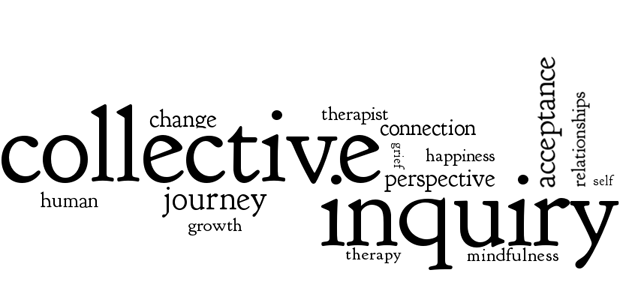

Put aside the ranger. Become who you were born to be.–Elrond
We live in a society that has a tendency to define people by their faults. I think one reason for this is what social psychologists call the fundamental attribution error. This error gives us a bias where we tend to focus on external contexts when examining our own behavior, but more internal when we examine others. For example, if I am driving fast, it is because I am in a hurry and everyone else is driving slow. If someone else is driving fast, it is because they are a jerk and don’t have any consideration for others. Related to this perspective is another reason why we are so focused on others’ faults: it makes us feel better about ourselves. After all, we would never do that, even though we probably have.
Then there are those out there that want to improve their life. Often when we look at self-improvement, we come from the angle of trying to reduce our faults. This again has a strong focus on what is wrong with us. We do our best through reprimands, behavioral training, or changing our thoughts to overcome our faults. I think that it is safe to assume, however, that we are always going to have some faults, probably the same ones, throughout our life.

Image by yenhoon
I like the above quote from Elrond that appears in Tolkien’s, Return of the King. By saying putting aside our ranger, or those parts of us that hold us back (i.e., faults), he isn’t suggesting that we diminish that part. He doesn’t suggest we try to exterminate or banish that part. Those parts are simply put aside so that other parts of us, such as our strengths, can be developed. It is a switch in focus from faults to strengths, from destroying to building.
This change in focus has a lot of advantages to it. First, it is a practice in self-acceptance and self-compassion. Rather than telling ourselves that a part of us isn’t worthy (what we consider a fault), we tell ourselves that we are worthy by developing a talent, passion, or strength. Second, it is easy to adopt a negative perspective toward ourselves or others when we are constantly focusing on faults. Third, who defines something as a fault, anyway? Surely one person’s fault is another person’s strength. And finally, fourth, even if we are able to exterminate a characteristic we think is undesirable, what is left to take it’s place?
By changing this focus, I’m not suggesting that we are less accountable for our actions. Inevitably we will do something that hurts ourselves or someone else. In those situations, we do need to take responsibility. I am suggesting that by developing our talents, we are better able to touch our life or the lives of others. Rather than taking away, we are giving.
What strengths do you want to develop? What talents do you have that you can strengthen? By not focusing on doing away with faults, we have more time to focus, and work, on those questions.
Share your thoughts
One Thought About A change in focus
Thanks Trent, for the wise reminder.